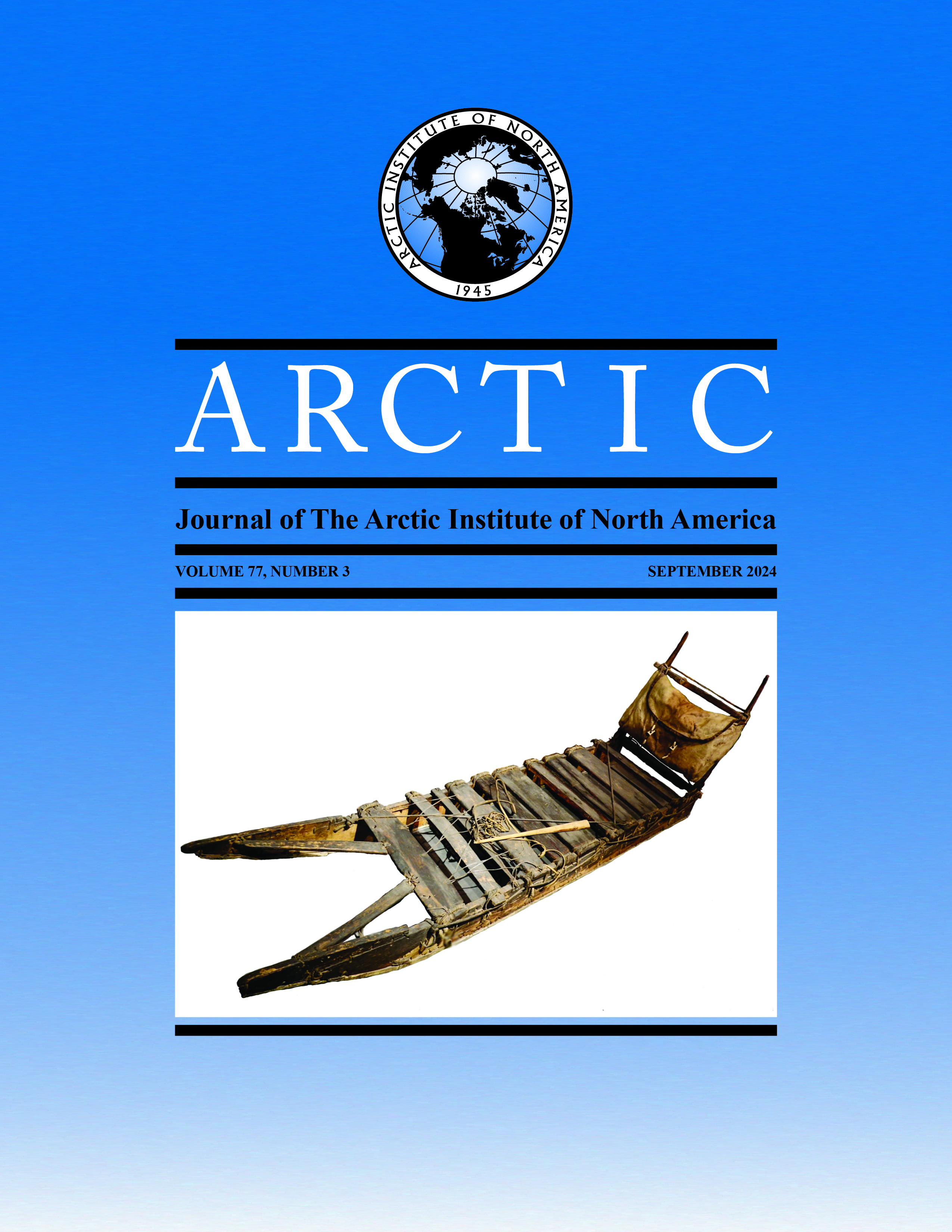Non-violence and Activism: The Case of Greenpeace’s Anti-Sealing Campaign
DOI:
https://doi.org/10.14430/arctic81025Keywords:
Greenpeace; principled non-violence; pragmatic non-violence; anti-sealing campaigning; Inuit; Canada; GreenlandAbstract
This paper explores the question: What does Greenpeace’s practice of non-violence during its anti-sealing campaigning reveal about the organization’s relationship with the philosophy? It highlights the complexity of what non-violence is, focusing on Greenpeace’s experience of navigating claims that it is a principled non-violent organization when its legacy of anti-sealing activism reveals that it is much more pragmatic than it would like the public to recognize. Using interviews and archival research, the paper unpacks Greenpeace’s approach to Indigenous and non-Indigenous sealers, while it navigated its own internal tensions, inherent classism, and attitudes within the wider anti-sealing movement. It argues that Greenpeace’s commitment to its reported non-violent principles and taking accountability for when it errs in its activism, really depends on whether Greenpeace can afford to ignore those they negatively impact or whether there are social, legal, and strategic factors that incentivize taking responsibility and making changes.
Downloads
Published
Issue
Section
License
Copyright (c) 2025 ARCTIC

This work is licensed under a Creative Commons Attribution 4.0 International License.


